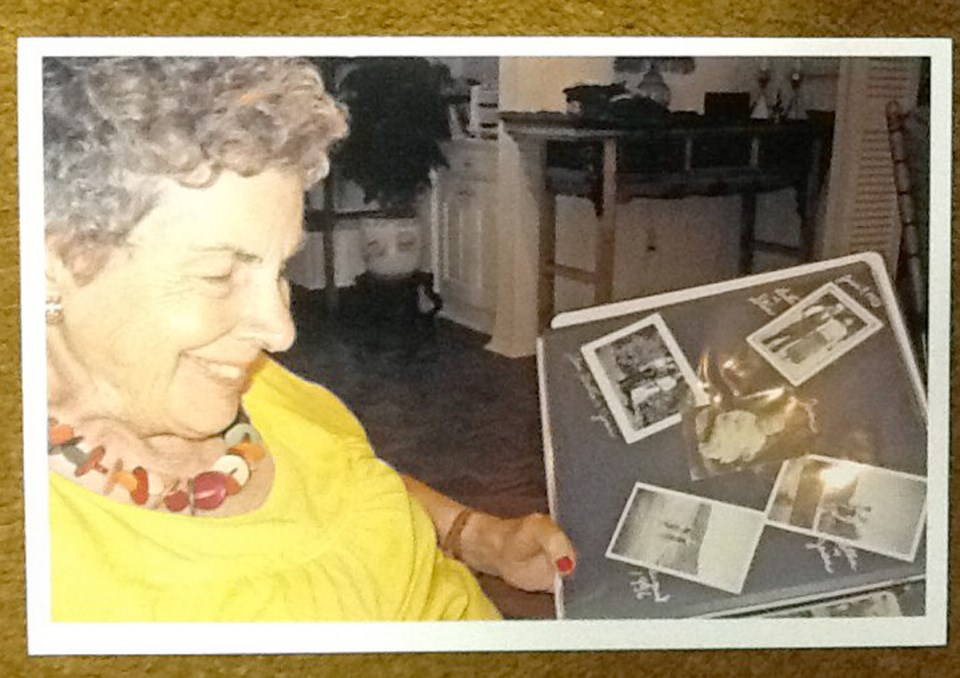Community Living B.C. plans to upgrade training and improve oversight of home-sharing arrangements for people with developmental disabilities.
The move follows an independent review of the agency’s popular service in which an adult with a disability shares a home with a caregiver.
University of Calgary professor Anne Hughson found that B.C.’s home-share policies and monitoring guidelines surpass those in other provinces.
But she said the services would still benefit from further improvements.
“I do think that there needs to be more training on the part of CLBC, as well as agencies, to ensure that monitoring practices are uniform and consistent,” Hughson said Monday.
She also said CLBC needs to develop a five-year plan to handle the growing number of home-share arrangements across the province.
The Crown agency says more than 3,300 adults live in home-shares today, up from 2,207 in 2000.
“I think rapid growth has its vulnerabilities,” said Hughson, an associate professor in community rehabilitation and disability studies.
She said the key to the success of a home-share arrangement depends on the match between the adult and their caregiver, she said. So it’s important to manage the rate of growth to prevent “the kind of rapid decisions that might lead to not the best matches,” she said.
“It’s like all human services — there has to be thoughtful, careful planning.”
Doug Woollard, CLBC’s interim chief executive officer, said the Crown agency plans to develop a detailed plan in response to Hughson’s report.
“We were really pleased to see that we are providing a good quality of support and that as long as we’re making good matches for people in home-sharing it does provide good quality,” he said. “But there is room to improve.”
Woollard said a key focus will be providing better training for people who provide home-shares as well as those who monitor home-sharing arrangements.
“We need to ensure that there is systematic access to training for all home-share providers across the province and that there’s a consistent curriculum that’s available to people,” he said.
CLBC ordered the review following a coroner’s inquest into the 2011 death of a 76-year-old Victoria woman with a developmental disability.
Joan Andrews died from a head injury Feb. 10, 2011, after climbing over the rails on her bed and falling to the floor in the home she shared with a young family.
The inquest heard that Andrews loved living in a home-share, where she was treated like a member of the family. But her care needs were becoming more complex as she got older, and she had fallen several times prior to her death.
Woollard promised at the time that the agency would take steps to improve home-share services.



